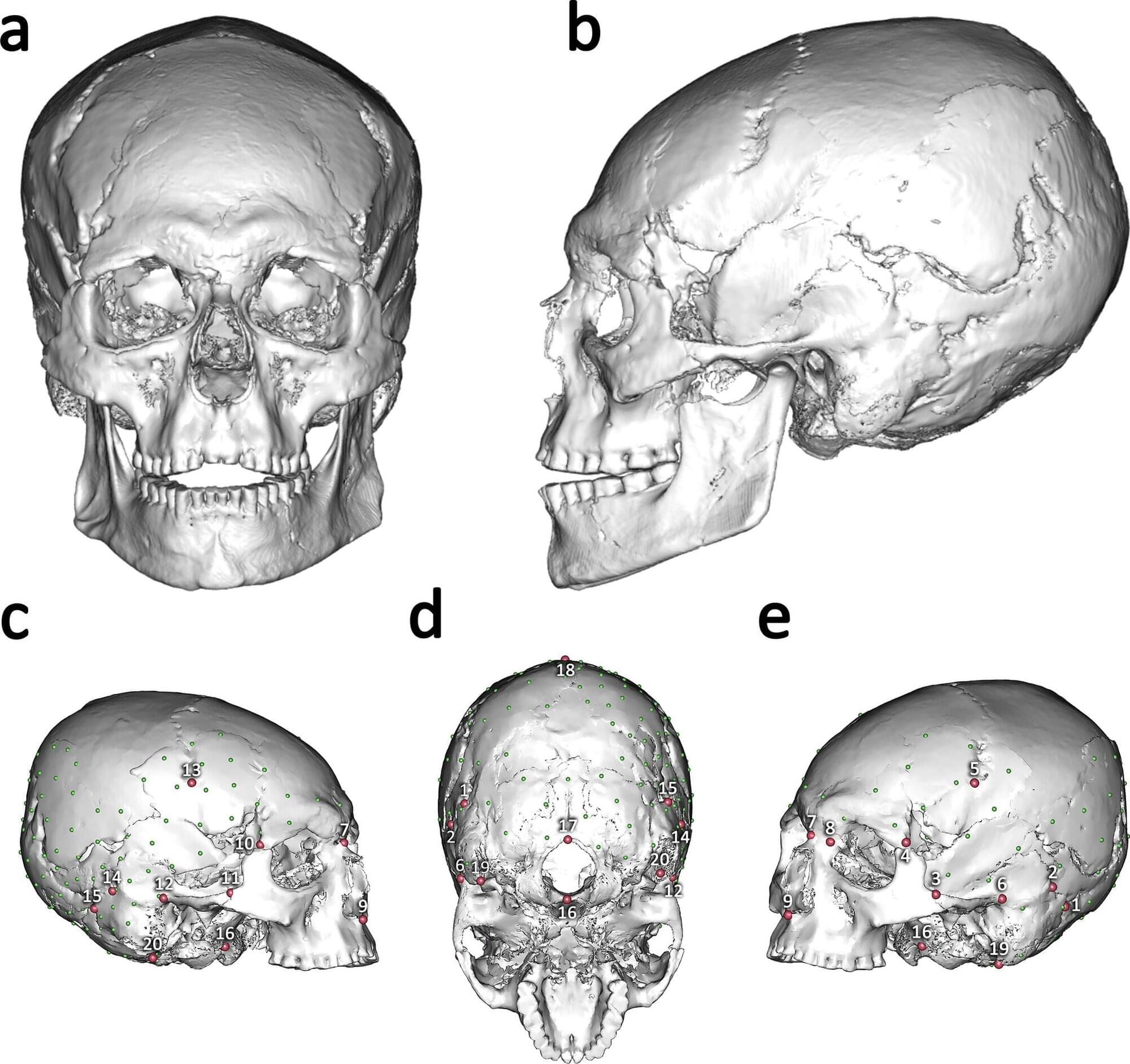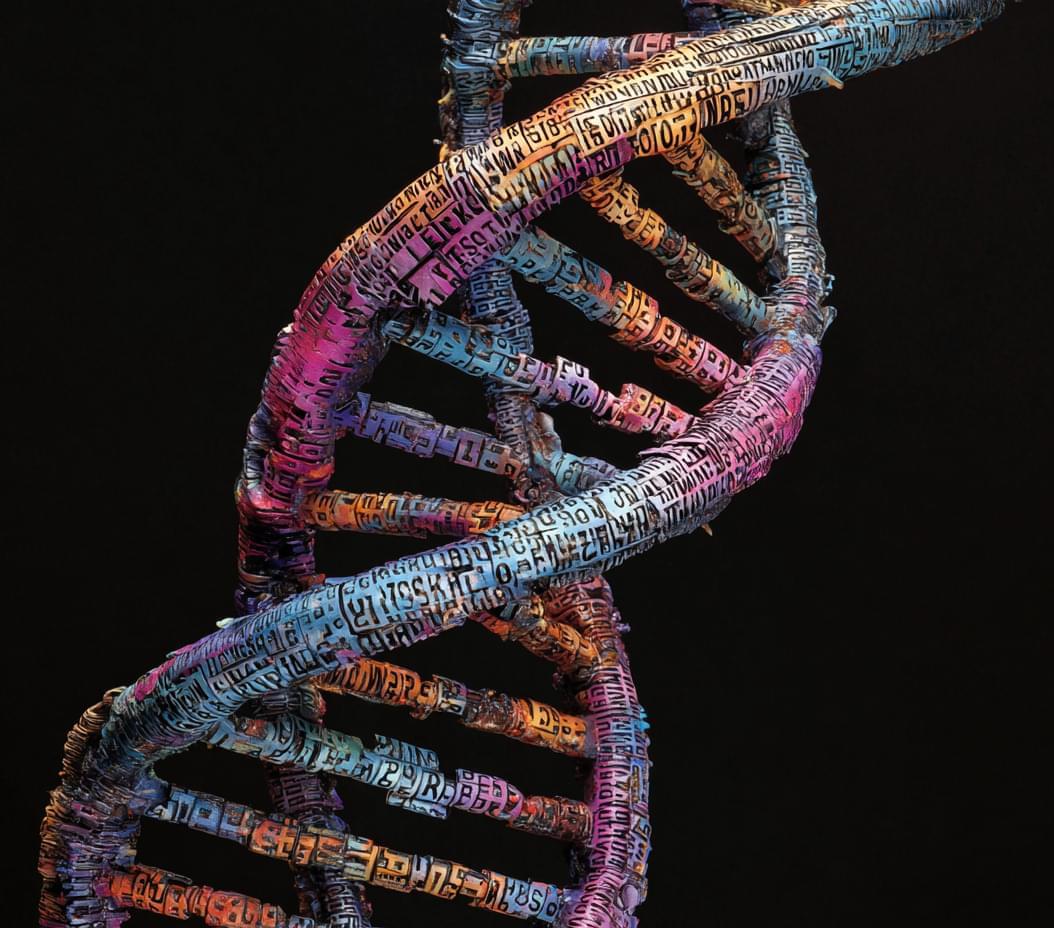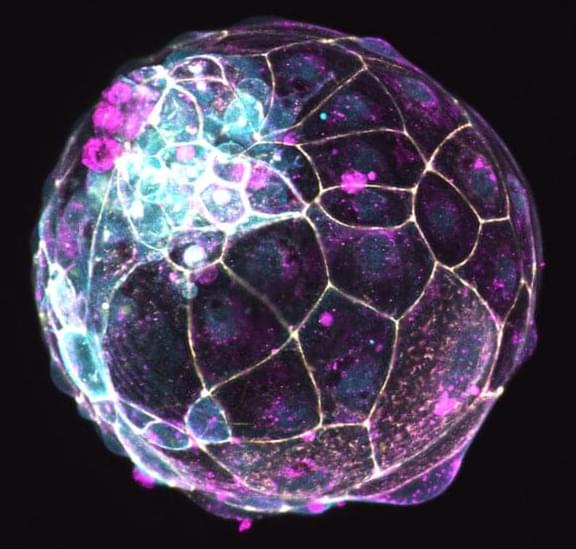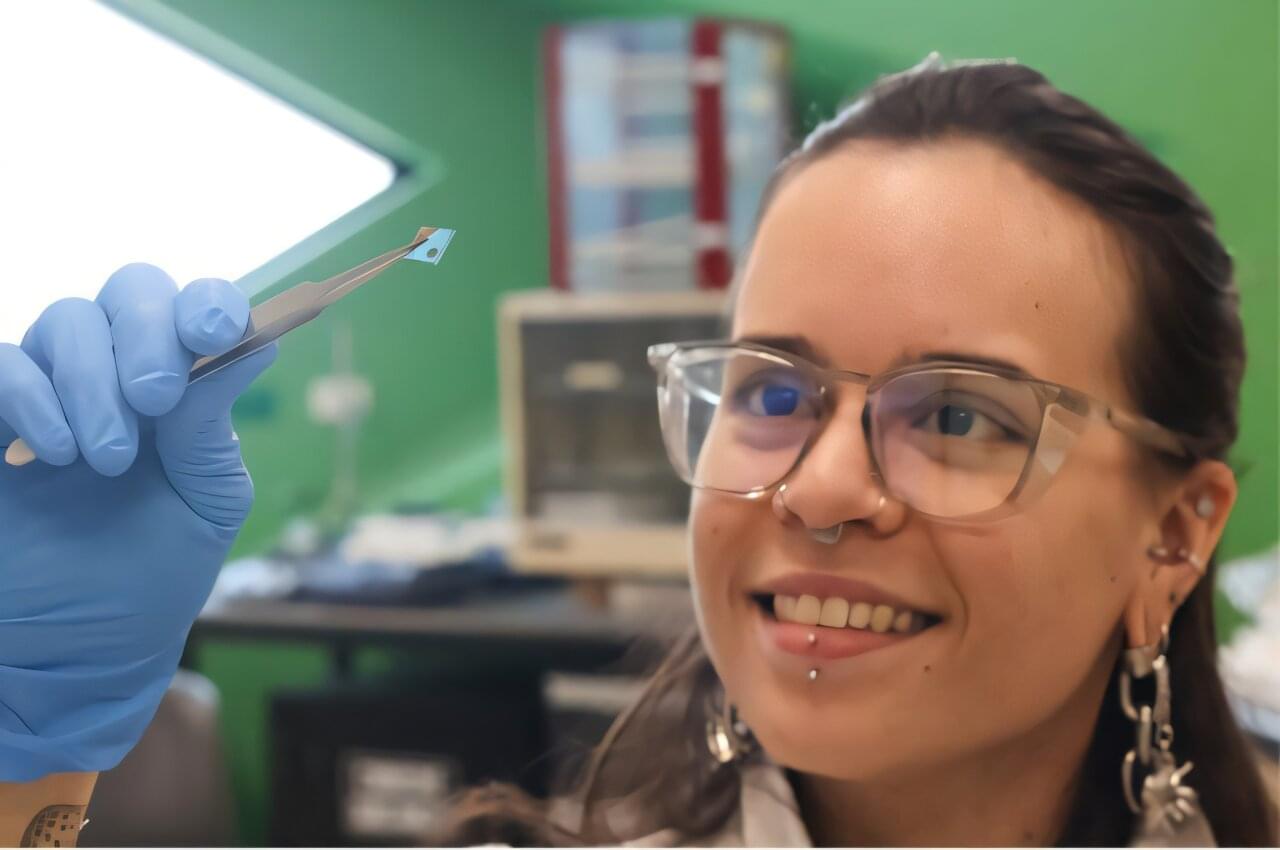US clinic deploys NVIDIA supercomputer to fast-track life-saving medical breakthroughs.
A US clinic is harnessing the power of an NVIDIA supercomputer to deliver AI-driven treatments in technology-powered healthcare.



A University of Florence–led team reports early Eurasian evidence of artificial cranial modification (ACM) in a Late Upper Paleolithic individual from Arene Candide Cave, Italy. Shape analyses place the specimen within the ACM cluster and radiocarbon dates to 12,620–12,190 years ago.
Body culturalization runs deep in human history, from adornments to permanent modifications recorded in archaeological contexts. More than just stylistic choices, transformations in appearance impart cultural values and symbolic meanings through the physical body, serving as a living artifact of cultural practices and societal beliefs, perpetuating shared values and collective identity.
Searching for these cultural clues with archaeology can be tricky. Tattoos require rare forms of soft-tissue preservation (Ötzi the iceman, for example) and adornments like piercings fall away with deteriorating flesh, whereas skeletal markers such as intentional dental modification and cranial modifications offer more lasting evidence of practices that shaped identity over millennia.


Researchers have created what could be called “skin in a syringe.” The gel containing live cells can be 3D printed into a skin transplant, as shown in a study conducted on mice. This technology may lead to new ways to treat burns and severe wounds. The study was led by the Center for Disaster Medicine and Traumatology and Linköping University in Sweden.
As long as we have healthy skin, we do not give it much thought. However, if we get major wounds or other injuries, it becomes clear that the skin is the body’s protection from the outside world. Helping the body restore the skin barrier after a serious burn can therefore be a matter of life and death.
Large burns are often treated by transplanting a thin layer of the top part of the skin, the epidermis. This is basically composed of a single cell type. Transplanting only this part of the skin leads to severe scarring.

“Immunotherapy has improved survival outcomes for patients with extensive-stage small cell lung cancer (ES-SCLC), marking meaningful progress in a historically challenging disease. However, despite these advances, long-term outcomes remain suboptimal, underscoring the need for better strategies. The integration of lurbinectedin—a novel DNA-damaging agent—into the maintenance setting alongside atezolizumab following initial chemo-immunotherapy represents an important next step. This approach offers a way to extend disease control and may signal a shift toward more durable benefit for patients,” said Charu Aggarwal, MD, MPH, FASCO, Leslye M Heisler Professor of Lung Cancer Excellence at University of Pennsylvania – Abramson Cancer Center, and an ASCO Expert in lung cancer.
ALEXANDRIA, Va. — Results from a global phase 3 clinical trial found that maintenance therapy with a combination of lurbinectedin and atezolizumab helped some patients with extensive-stage small cell lung cancer (ES-SCLC) live longer compared to maintenance therapy with atezolizumab alone. The research will be presented at the 2025 American Society of Clinical Oncology (ASCO) Annual Meeting, taking place May 30-June 3 in Chicago.
About the Study
“While the introduction of immunotherapy in first-line treatment has improved outcomes, advanced small cell lung cancer remains difficult to treat. The phase 3 IMforte trial shows that the new treatment combination of lurbinectedin and atezolizumab given as maintenance therapy after first-line treatment helps people live longer and reduces the risk of disease progression or death. This outcome represents a major milestone and could provide a much-needed option for advancing the treatment of this aggressive disease,” said lead study author Luis G. Paz Ares, MD, PhD, 12 de Octubre University Hospital in Madrid, Spain.


One of the most exciting developments in cancer treatment is a wave of new cell therapies that train a patient’s immune system to attack cancer cells. Such therapies have saved the lives of patients with certain aggressive cancers and few other options. Most of these therapies work by teaching immune cells to recognize and attack specific proteins on the surface of cancer cells.
Unfortunately, most proteins found on cancer cells aren’t unique to tumors. They’re also often present on healthy cells, making it difficult to target cancer aggressively without triggering dangerous attacks on other tissue. The problem has limited the application of cell therapies to a small subset of cancers.
Now Senti Bio is working to create smarter cell therapies using synthetic biology. The company, which was founded by former MIT faculty member and current MIT Research Associate Tim Lu ’03, MEng ’03, PhD ’08 and Professor James Collins, is equipping cells with gene circuits that allow the cells to sense and respond to their environments.
Founded by MIT researchers, Senti Bio is is working to create smarter cell therapies for cancer using synthetic biology. The company equips cells with gene circuits that allow the cells to respond to their environments.

An influential scientific panel is pumping the brakes on stem cell-based embryo models — an umbrella term for the increasingly complex structures researchers are building from stem cells and growing in the lab to mimic aspects of embryonic development. In new guidelines released Monday, the International Society for Stem Cell Research called for stricter oversight of studies involving such models and the establishment of red lines against using them for certain activities.
Specifically, the latest guidelines say that researchers should not use any stem cell-based embryo models to try to start a pregnancy in a person or animal or grow them in an artificial womb to the point of viability, because of broad consensus that such experiments would be unethical. The new restrictions also extend to purposes beyond research, including commercial and reproductive.
Although the models that scientists have built thus far remain too primitive to reach that developmental milestone, the updated guidance is aimed at addressing an explosion of rapid advances in the field over the past several years that are already raising thorny ethical dilemmas.

Scientists at La Trobe University have produced a new, powerful electricity-conducting material in research which could revolutionize smartphones and wearable technologies like medical devices.
The new technique uses hyaluronic acid, well known due to its popularity in skincare, applied directly to a gold-plated surface to create a thinner, more durable film, or polymer, used to conduct electricity in devices like biosensors.
Lead researcher Associate Professor Wren Greene said the technique could lead to major improvements in the function, cost and usability of devices like touchscreens and wearable biosensors.